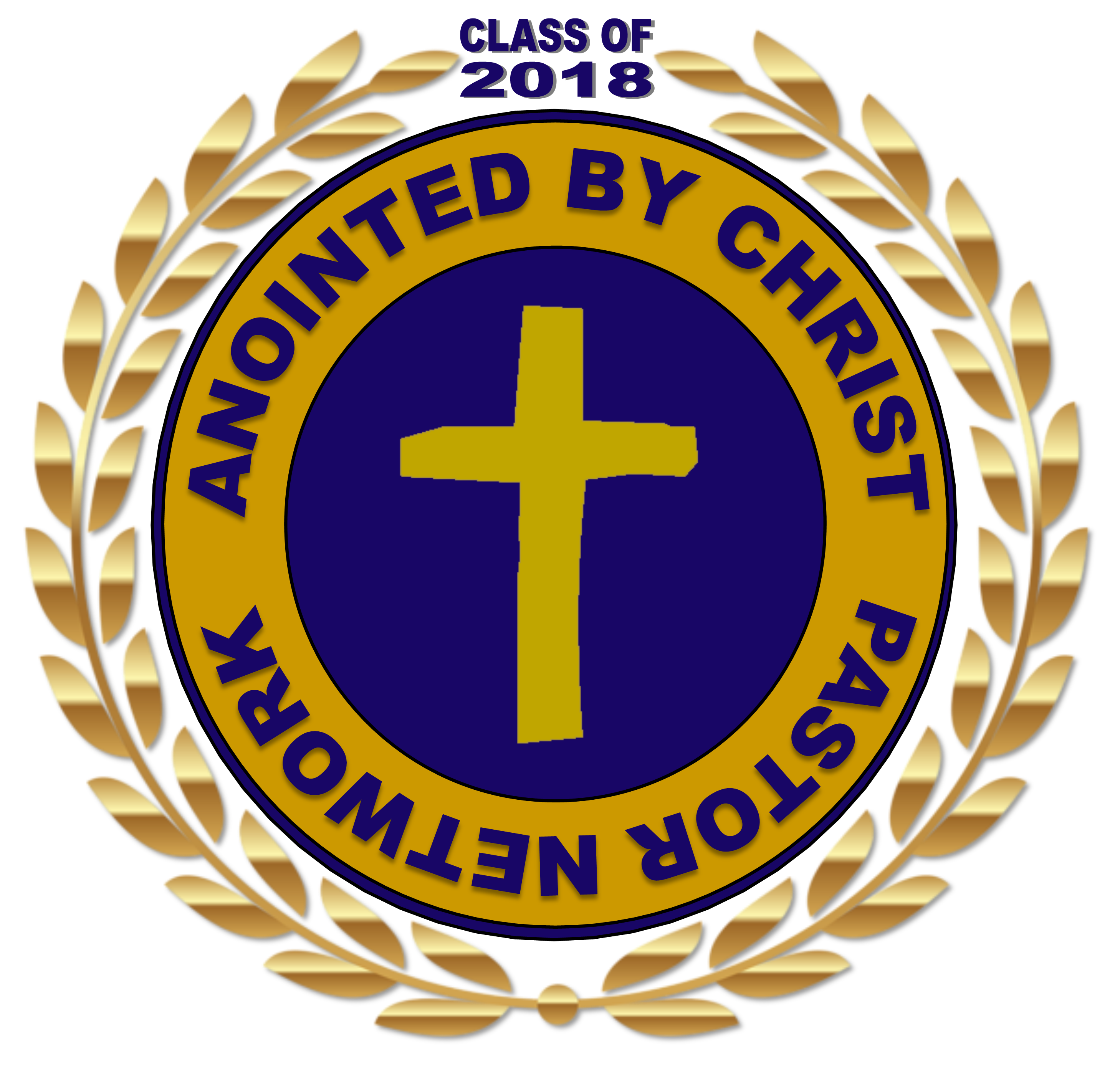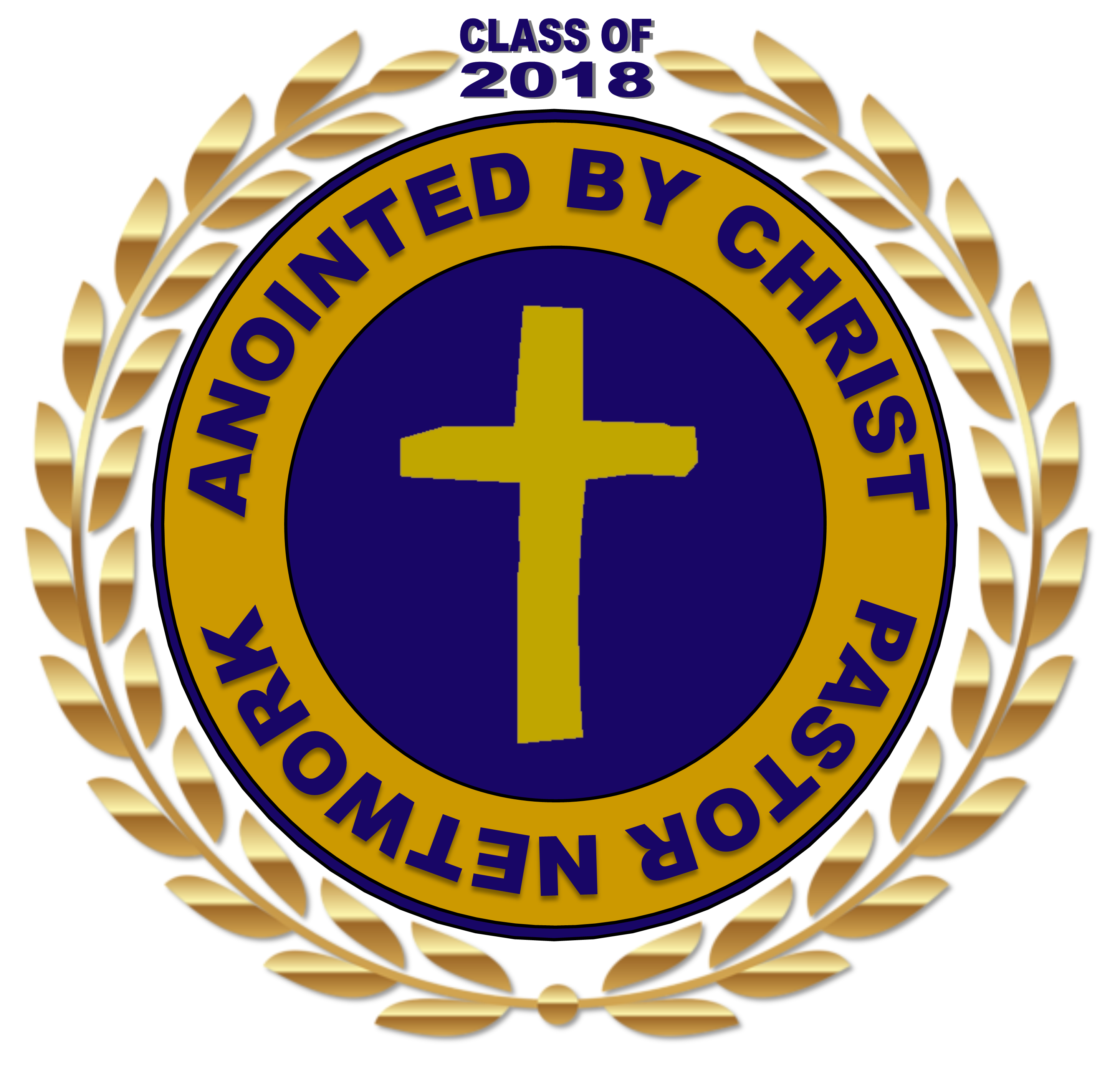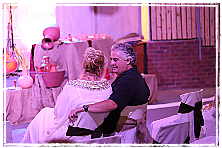
Anointing Oil
Biblical use for consecration, prayer, healing & worship
TERMINOLOGY: To be “anointed” is, among other things, to be made sacred (consecrated); to be set apart and dedicated to serve God; to be endowed with enabling gifts and grace; to be divinely designated, inaugurated, or chosen for some purpose. We know this subject is important to God because the words anoint, anointed, and anointing appear in more than 150 Spirit-inspired Bible verses, including 22 New Testament Scriptures. Indeed, the English word anoint derives from the ancient Latin inunctus, meaning “smear with oil.”
CONNECTION TO OIL: The Bible Dictionary mentions only two types of anointing: with oil or the Holy Ghost. In short, anointing and oil are much more integrally related than most people realize, which explains why Bible translators sometimes use anoint and oil interchangeably as synonymous verbs (e.g., Isa. 21:5).
THE ANOINTED ONE: Both the ancient Hebrew form of Messiah and the ancient Greek form of Christ literally mean “anointed”; thus, “Jesus Christ” is more accurately rendered “Jesus the Anointed” (or as “Jesus, the Anointed One”, or “Jesus, His Anointed”). This is one of the reasons our Savior first publicly announced Himself as the divine Messiah [Luke 4:18] by quoting Isaiah 61:1: “The Spirit of Adonai ELOHIM is upon me, because ADONAI has anointed me…” It’s why Peter and John and the followers with them, inspired by the Holy Spirit, publicly refer to Jesus (Yeshua) as the “Anointed One” [Acts 4:26, NIV] and NKJ, NIV, and NAS Biblical versions translate: “Your holy Servant Jesus, whom you anointed”.
WHY FRAGRANT OIL: God is obviously a lover of sweet-smelling fragrances and perfumes since those words (or forms of them) appear 41 times and 35 times, respectively. Spices – in the context of anointing oils, perfume, food, and incense – are mentioned throughout the Bible: 16 verses containing frankincense, 17 with myrrh, five with spikenard, and many others featuring cinnamon, cassia, calamus, camphor, stacte, aloes, onycha, cedar, honey, hyssop, henna, mandrakes, pomegranates, lilies, roses, and saffron. Our faith is deepened and we are enriched and brought closer to God as we begin to study and understand the spiritual meaning of these exotic biblical fragrances.
FIRST SCRIPTURAL REFERENCE: The great Hebrew patriarch Jacob (divinely renamed “Israel”) makes a sacred vow to God after anointing a stone pillar by pouring oil on top of it [Gen. 28:16-22; 31:13; 35:14]. Jacob names the pillar’s locale “Bethel” (or Beit-El, meaning “House of God.) The editors of the Ryrie Study Bible comment that by pouring this anointing oil, Jacob “consecrated” the pillar, thereby rendering it an altar holy unto God.
THE HOLY ANOINTING OIL: In Exodus chapter 30:30-34, the LORD tells Moses to make a very special and “holy anointing oil” of “the finest of spices”, including “flowing (liquid) myrrh”, “sweet-smelling cinnamon”, “fragrant cane”, “cassia”, and “olive oil”. This highly perfumed oil was used to consecrate (set apart) the articles used in Temple worship, including the ark of the testimony, the holy tabernacle, and all its furnishings, which made them “Holy” (Kadosh in Hebrew) unto the Lord. However, Yahweh gives an admonition NOT to reproduce the exact formula or use it on ordinary humans—an admonition that ABBA takes seriously. (We do not attempt in any way to reproduce this formula).
THE LAMPSTAND: In Biblical times light was usually provided by oil lamps (or menorahs, a Hebrew word translated “lampstands”, “lamps”, or, less accurately, “candlesticks”). Often made of clay, brass, silver, or gold, these simple “lamps” slowly burned oil – typically olive oil. This explains verses such as Exodus 27:20 (“…order the people of Israel to bring you pure oil of pounded olives for the light, to keep a lamp burning continually”); Exodus 35:14 (“…the menorah for the light, … and the oil for the light, spices for the anointing oil and for the fragrant incense…”); and Exodus 35:28 (“…oil for the light, and for the anointing oil…”). It also deepens our understanding of the parable of the wise and foolish virgins [Mat. 25:1-12].
PRIESTS: In Exodus, the LORD identifies anointing oil as an acceptable offering unto Him [Ex. 25:6]. Furthermore, He directs that Aaron and his sons be anointed, consecrated, and sanctified as holy priests to minister unto Him [Ex. 28:41 and that Aaron be anointed as Israel’s High Priest through the pouring of anointing oil on his head and garments [Ex. 29:7,21,29]. (Psalm 133:1-2: compare harmonious brotherhood to “fragrant oil on the head that runs down over the beard of Aaron…”).
KINGS: In Scripture’s first kingly anointing, the prophet Samuel pours oil on the head of King Saul [1Sa. 10:1].
DAVID’S ANOINTING: David, the “man after God’s own heart,” is officially anointed with oil (by others) not once but three times [1Sa. 16:12-13; 2Sa. 2:4; 2Sa. 5:3]. In Psalm 23:5, he says to God, “You anoint my head with oil.” This is confirmed by Psalm 89:20-21, wherein God declares, “I have found David my servant and anointed him with My holy oil. My hand will always be with him.” In addition, David anoints himself while trying to shake off grief over the death of his child and just before entering the Temple to worship God [2Sa. 12:20].
QUEEN ESTHER & OIL OF MYRRH: In Esther’s era any Queen-to-be had to undergo a year of preparations prior to coronation [Est. 2:3, 6-13]. Esther underwent “a six-month treatment with oil of myrrh and six months with perfumes and other aloes”. One translation states it as “…with olive oil and myrrh…” In ancient times, the average woman’s perfume was her anointing oil.
MARY OF BETHANY & SPIKENARD OIL: One of Scripture’s most poignant, bittersweet scenes [Mat. 26:6-13; Mark 14:3-9; John 12:3-5] memorializes Mary of Bethany: A woman with an alabaster jar filled with very expensive perfume (pure spikenard oil worth an average laborer’s annual wage) approaches Yeshua, breaks the jar, and begins pouring the precious oil over His head and feet. As the house fills with the oil’s pungent fragrance, the Lord says to those nearby: “She has done a beautiful thing for me…She poured this perfume on me to prepare my body for burial…I tell you that throughout the whole world…what she has done will be told in her memory.” Obviously, our Lord was deeply touched by Mary’s unselfish, thoughtful, heartfelt, sacrificial expression of devotion and profound love. Some Bible commentators deem Mary’s faithful act as the utmost example of what God desires in believers.
FRANKINCENSE & MYRRH: The “Magi from the east” honored the child Messiah with gifts of gold, frankincense, and myrrh [Mat. 2:11]. The gospels recount that before His death, Yeshua (Jesus) was offered myrrh mixed with wine, which He refused, and that after His death His body was treated with “a mixture of myrrh and aloes.” Frankincense has come to be associated with Messiah’s role as our intercessor (the bowl of incense in Rev 5:8 is frankincense, representing the prayers of the saints), myrrh with His suffering and death. In Song of Songs the writer refers to the bridegroom (Yeshua) as “who is He coming in a pillar of smoke smelling of myrrh & frankincense?” Many have suggested that the gold, frankincense, and myrrh represent the three roles of Yeshua respectively: King, Priest and Prophet.
FRAGRANCE OF MESSIAH: The apostle Paul writes: “…thanks be to God, who in the Messiah constantly leads us in a triumphal procession and through us spreads everywhere the fragrance of what it means to know Him! For to God we are the aroma of the Messiah, both among those being saved and among those being lost; to the latter, we are the smell of death leading only to more death; but to the former, we are the sweet smell of life leading to more life.” [2Co. 2:14-16]
YESHUA’S COMMAND: According to Revelation 3:18 (NAS), Yeshua Himself says to the believing community in Laodicea: “I advise you to buy from Me gold…white garments…and eye salve to anoint your eyes, that you may see.” Speaking of “white garments”, consider the advice of King Solomon: “Always be clothed in white, and always anoint your head with oil.” [Ecc. 9:8, NIV]
BELIEVERS ARE ANOINTED: Believers are “in Yeshua”(Jesus) and He is “in us”; thus we, too, have been and are divinely anointed, as affirmed by both 2 Corinthians 1:21-22 (“…it is God who sets…us…in firm union with the Messiah; He has anointed us, put His seal on us, and given us His Spirit”) and 1 John 2:20, 27 (“…you have received the Messiah’s anointing…the Messianic anointing you received from the Father remains in you…His Messianic anointing continues to teach you about all things…so remain united with Him.”) So, whether or not you use anointing oil, you’re already one of God’s anointed!
OTHERS CAN & SHOULD BE ANOINTED: Some believe oil should be used to anoint only kings and priests; according to Scripture, however, believers in Yeshua as the divine Son of God and as their Savior and Lord are “priests” [1Pe. 2:5,9]; they are kings (by virtue of having the King of Kings “in them” [Gal. 2:20]); and they may justifiably view their being anointed with oil as a physical manifestation of their being filled continuously with the Holy Spirit [1Jn. 2:20; 2Co. 1:21-22]. Indeed, according to most Bible scholars, in God’s Word anointing oil typically symbolizes the Holy Spirit. Furthermore, “ordinary” ancient Israelites anointed themselves and each other with oil [Ruth 3:3; 2Ch. 28:15; Dan. 10:3; Amos 6:6], and the B’rit Hadashah (Hebrew forNew Covenant) actually directs “ordinary believers” to do this [Mat. 6:17; James 5:14].
WHY & WHEN TO USE BIBLICAL FRAGRANT OIL TODAY:
· As an act of consecration and dedication, a setting apart for a special purpose in God’s kingdom. Houses, structures, articles of worship, clothing and people can be anointed as a sign of consecration to God. Consider anointing yourself every morning, praying Scriptures over your mind, heart, ears, eyes, hands and feet. It WILL change your day!!
· As the Priests of the home, husbands are encouraged to anoint their wives and children for consecration, protection, peace, pronouncing a blessing upon them as did the Fathers of Old!!
· As a preparation to bible study, devotional time, fasting, and praise and worship
· In times of sickness, fear, anxiety, oppression of the enemy, end of mourning, ALSO in foot-washing ceremonies
· As bath oil—the olive oil is great for your skin and the fragrance is divine!
BIBLICAL FRAGRANCES ANDTHEIR SPIRITUAL SIGNIFICANCE
Frankincense: used on the Altar of Incense in temple times, one of the 3 gifts brought to Messiah (intercession) Song of Songs 3:6, Isaiah 53:5, Hebrews 3:24
Myrrh: Queen Esther bathed in oil of myrrh for six months before her presentation to the King (purification, dying to self, and preparation for the KING) Esther 2:12, Song of Songs 1:13
"Holy Fire"/Hyssop: exotic Biblical plant used in cleansing rituals and in certain sacrifices of the Hebrews (cleansing, purification) Psalm 51:7
Cedars of Lebanon: fragrant wood used to build Temple and also to anoint a restored leper’s house (strength, permanence, wholeness, restoration) Psalm 92:12
Pomegranate: highly prized fruit from ancient times, its motif was used to decorate the temple and was embroidered on high priest’s garment (fruitfulness, abundance, blessings, favor of God) Numbers 13:23
Spikenard: fragrant oil used by Mary to anoint head & feet of Jesus (intimacy, extravagant worship) John 12:2-3
Rose of Sharon: flower depicting the beloved (beauty of the bride) Song of Songs 2:1
Lily of the Valley: white delicate flower (honor & purity of heart) Song of Songs 2:1
Cassia: one principal spice of the Holy Anointing Oil used to anoint priests, kings and their garments. The coming King Messiah’s robes will smell of cassia (humility, being stripped of pride, set apart or holy with a servant’s heart) Psalm 45:8
Ketubah: a special blending of the fragrances of the Bridegroom (Frankincense & Myrrh), the Bride (Spikenard) and the Spirit of G-d (Hyssop/Holy Fire) (marriage covenant in Hebrew) Ex 24:1-8
Henna: shrub producing small, heavily fragrant flowers; root word means "emotional tenderness" (broken spirit/repentance) Song of Songs 1:14, Psalm 51:17


